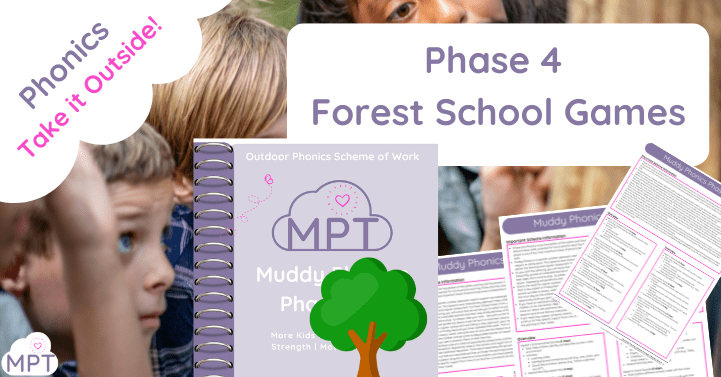The Benefits of Forest School
1. Boosts Confidence and Independence
Forest School encourages children to take calculated risks, make decisions, and solve problems independently. This builds self-esteem and resilience, helping them become more confident learners.
2. Improves Physical and Mental Wellbeing
Spending time in nature has been shown to reduce stress and anxiety, while outdoor activities enhance gross and fine motor skills. Climbing trees, balancing on logs, and using tools all contribute to better physical health.
3. Enhances Social and Communication Skills
Working in groups to build dens or complete nature-based challenges encourages teamwork, cooperation, and communication. Children learn to express themselves clearly while collaborating with peers.
4. Supports Academic Learning
Forest School isn’t just about playing outside—it also enhances core subjects like:
- Maths (counting leaves, measuring sticks)
- Science (observing wildlife, understanding ecosystems)
- English (storytelling, descriptive writing about nature)
Children learn organically through real-world experiences, making lessons more meaningful and memorable.
5. Develops a Love for Nature and Sustainability
Forest School instills a deep appreciation for nature, teaching children about conservation, sustainability, and respecting the environment.
Is Outdoor Learning more your style? Enrol as a Muddy Puddle Teacher. Start Now.
How Does Forest School Work?
Forest School follows a learner-led approach, meaning children explore their environment at their own pace, guided by trained Forest School leaders. Sessions often include:
✔ Free exploration time – Encouraging curiosity and independent learning.
✔ Skill-building activities – Learning to tie knots, build shelters, or use simple tools.
✔ Nature-inspired storytelling – Creating stories based on woodland adventures.
✔ Reflection time – Discussing what was learned and how to improve skills.
Forest School sessions run throughout the year, in all weather conditions, reinforcing resilience and adaptability.
Who Can Attend Forest School?
Forest School is suitable for all ages, from early years to adults. While it is particularly popular in primary education, many secondary schools, special education programs, and community groups also embrace the approach.
Even adults can benefit! Many organizations offer Forest School training courses for educators, parents, and outdoor enthusiasts.
How to Find a Forest School Near You
Looking for a Forest School in the UK, US, or internationally? Here’s how to find one:
- Search online directories – Websites like the Forest School Association (FSA) in the UK provide a list of accredited providers.
- Check with local schools – Many schools now offer Forest School programs as part of their curriculum.
- Join community groups – Facebook groups and local nature clubs often share information about Forest Schools in your area.
Forest School Training: How to Become a Leader
Interested in leading your own Forest School sessions? Becoming a qualified Forest School practitioner requires completing a Forest School Leader training course (Level 3).
Steps to Becoming a Forest School Leader:
- Enrol in a Forest School Leader Level 3 course – Offered by organisations such as the Forest School Association.
- Gain hands-on experience – Volunteer or work with an existing Forest School.
- Complete First Aid and Outdoor Safety Training – Essential for supervising children in outdoor environments.
- Set up your own Forest School program – Find a suitable woodland location and ensure risk assessments are in place.
Becoming a Forest School leader is a rewarding career path that allows you to inspire children through nature-based learning.
Forest School FAQs
1. What is the difference between Forest School and Outdoor Learning?
Forest School is long-term, child-led, and follows a structured philosophy, while outdoor learning includes one-off activities or lessons outside.
2. Can Forest School take place in any outdoor setting?
Yes! While forests and woodlands are ideal, Forest School can also be held in parks, gardens, or school grounds.
3. Is Forest School only for younger children?
No! Many secondary schools and even adult education programs incorporate Forest School principles.
4. Does my child need special clothing for Forest School?
Yes. Waterproofs, sturdy boots, and layered clothing are recommended to ensure comfort in all weather conditions.
Final Thoughts: Why Forest School Matters
Forest School is more than just outdoor play—it’s a proven approach to learning that builds confidence, creativity, and resilience. Whether you’re a parent, teacher, or outdoor enthusiast, embracing nature-based education can have lasting benefits for children and adults alike.
Would you like to learn more about Forest School training, resources, or activities? Explore our website for guides, courses, and Forest School lesson plans!


